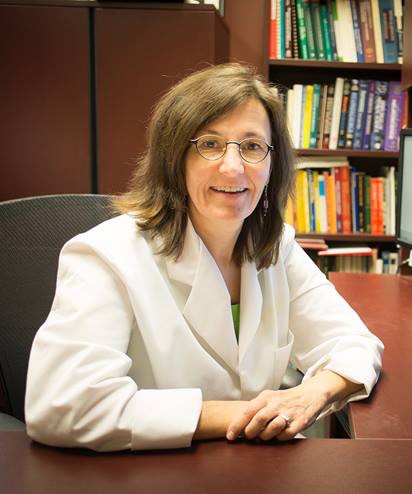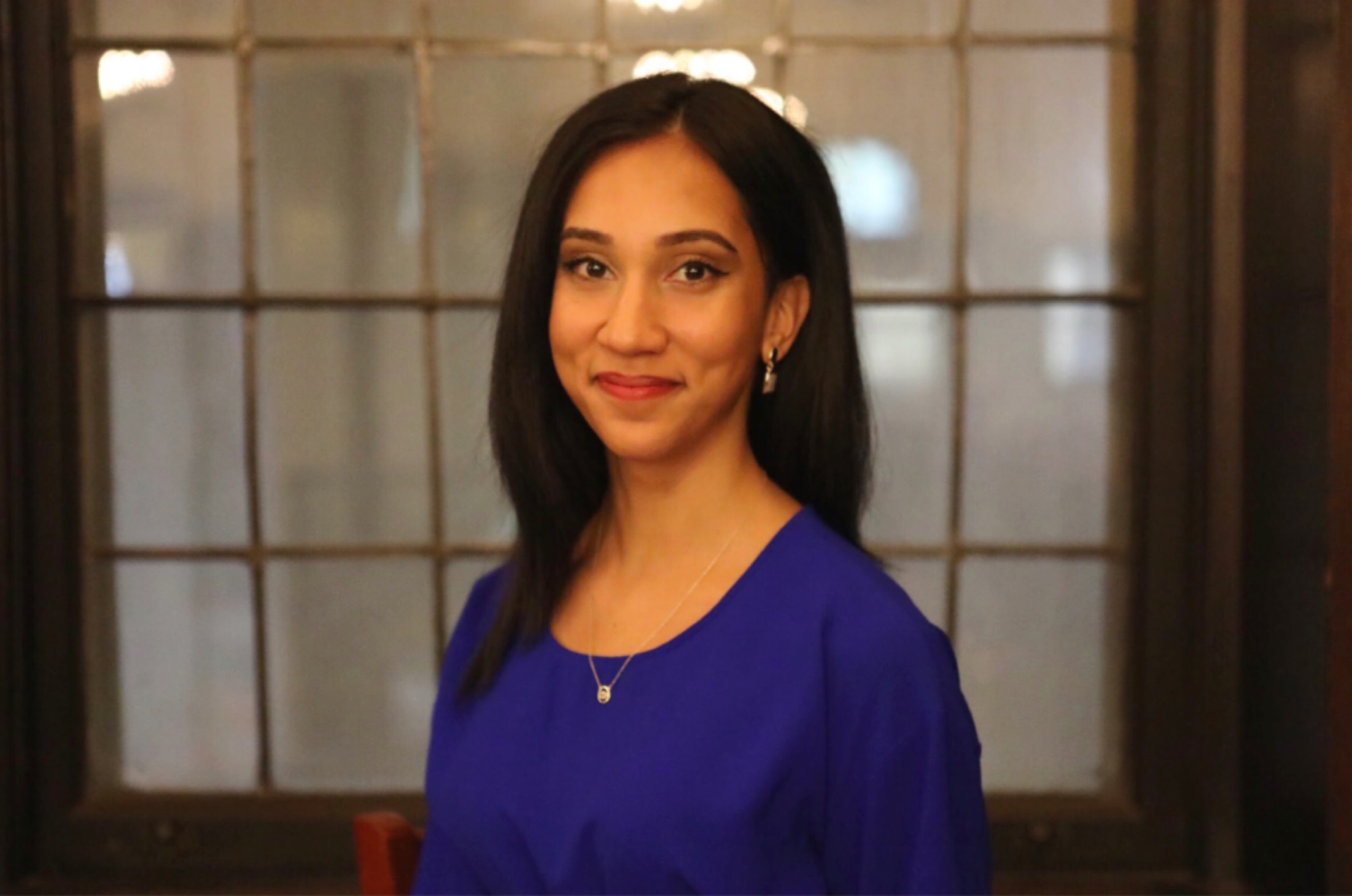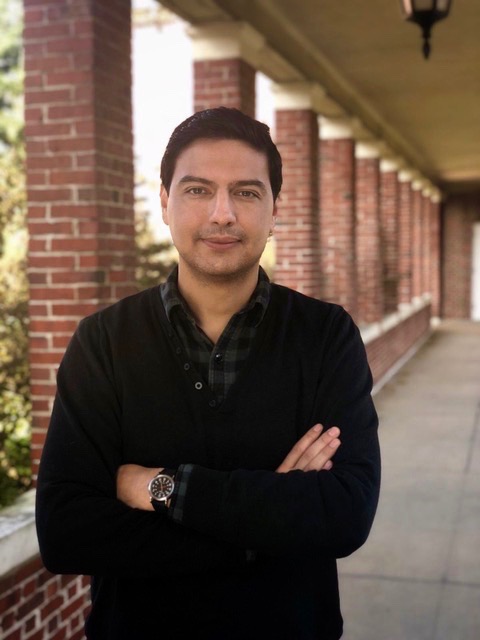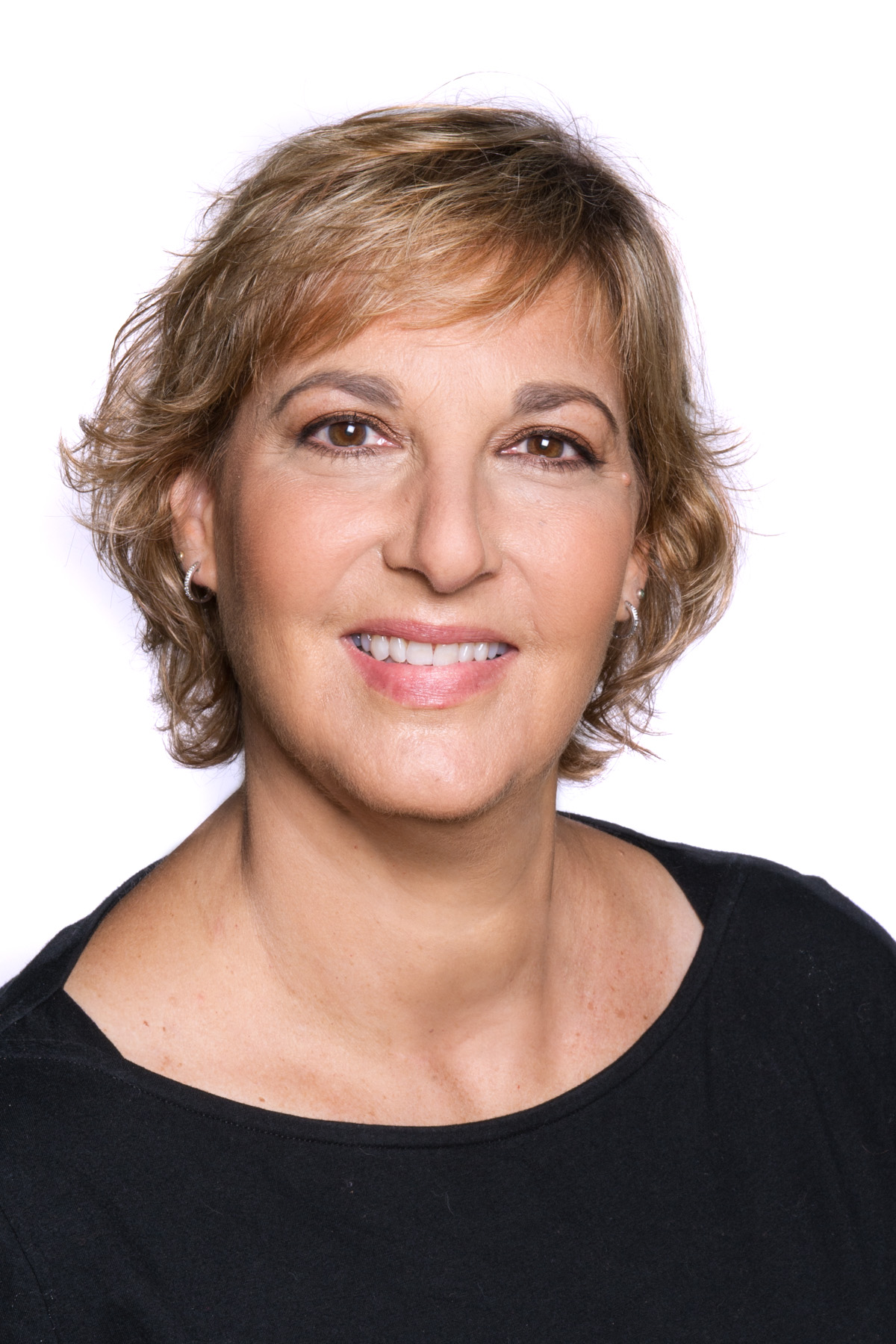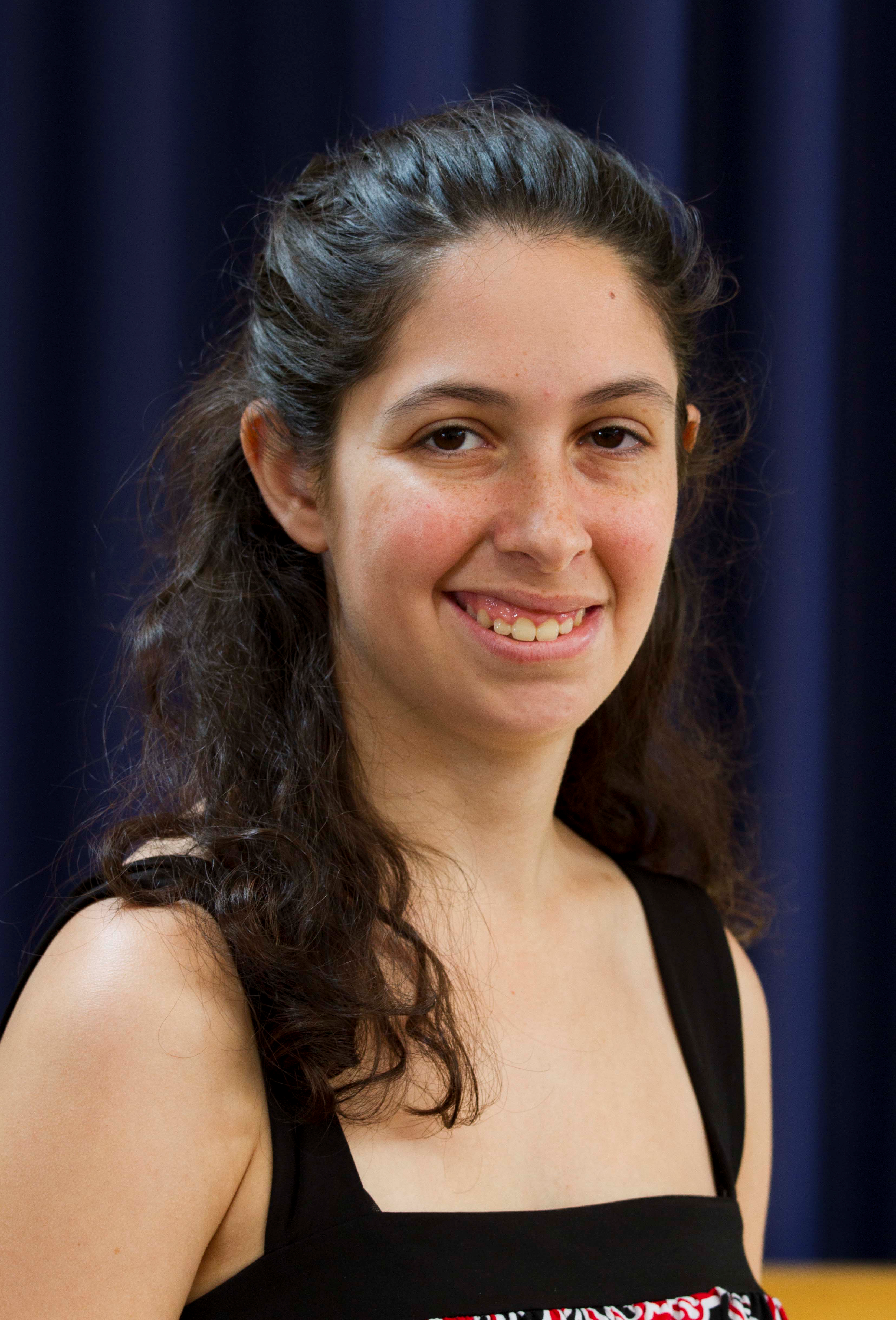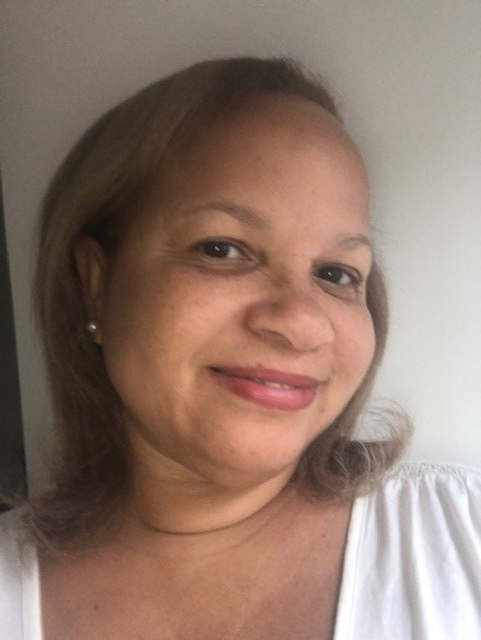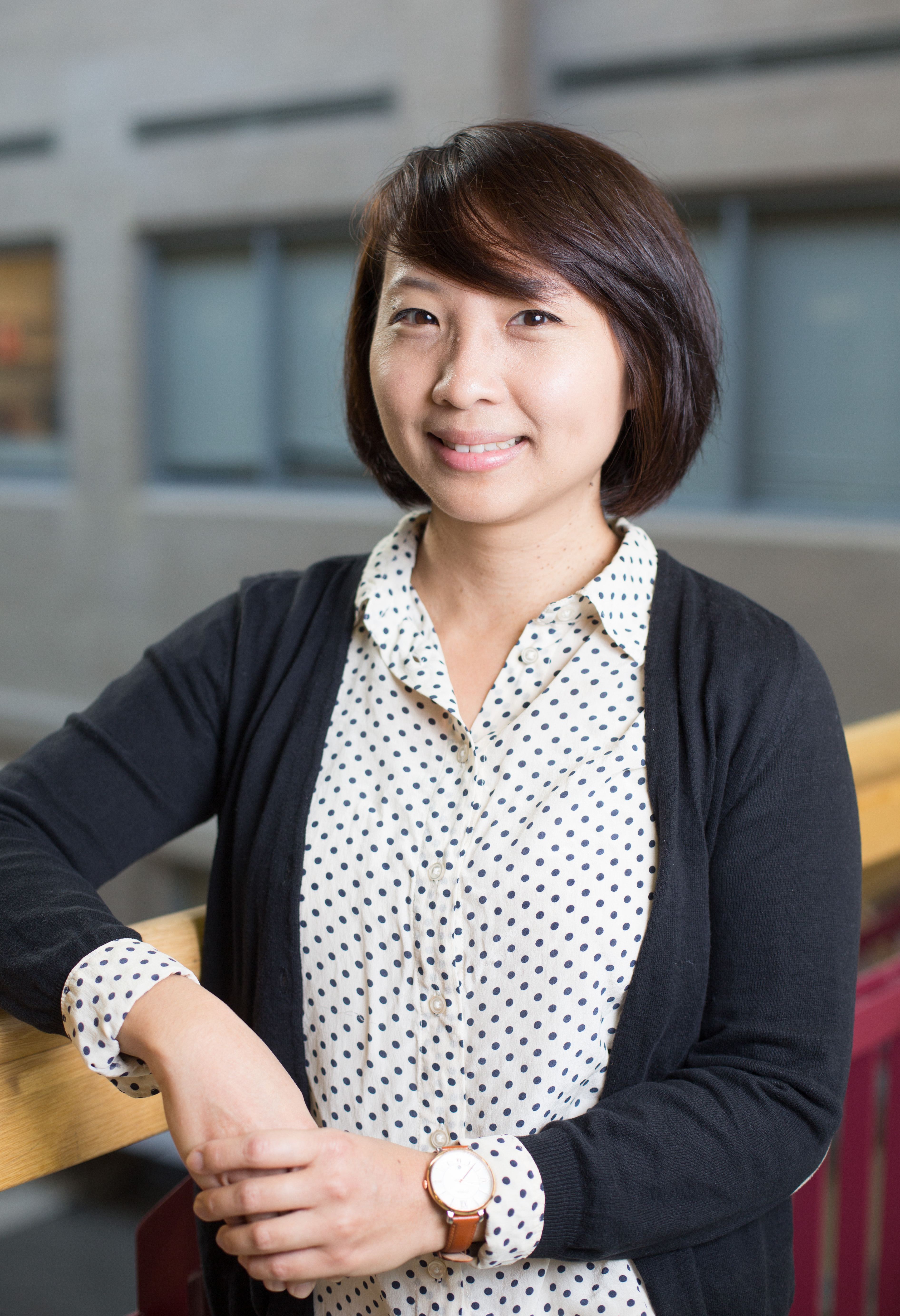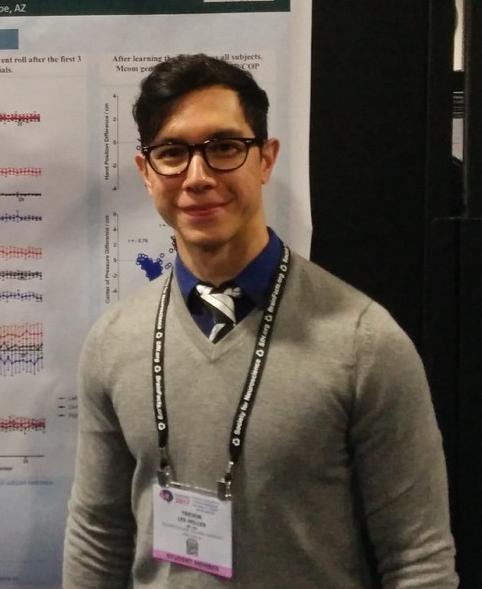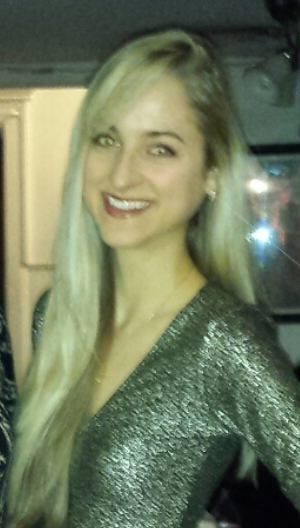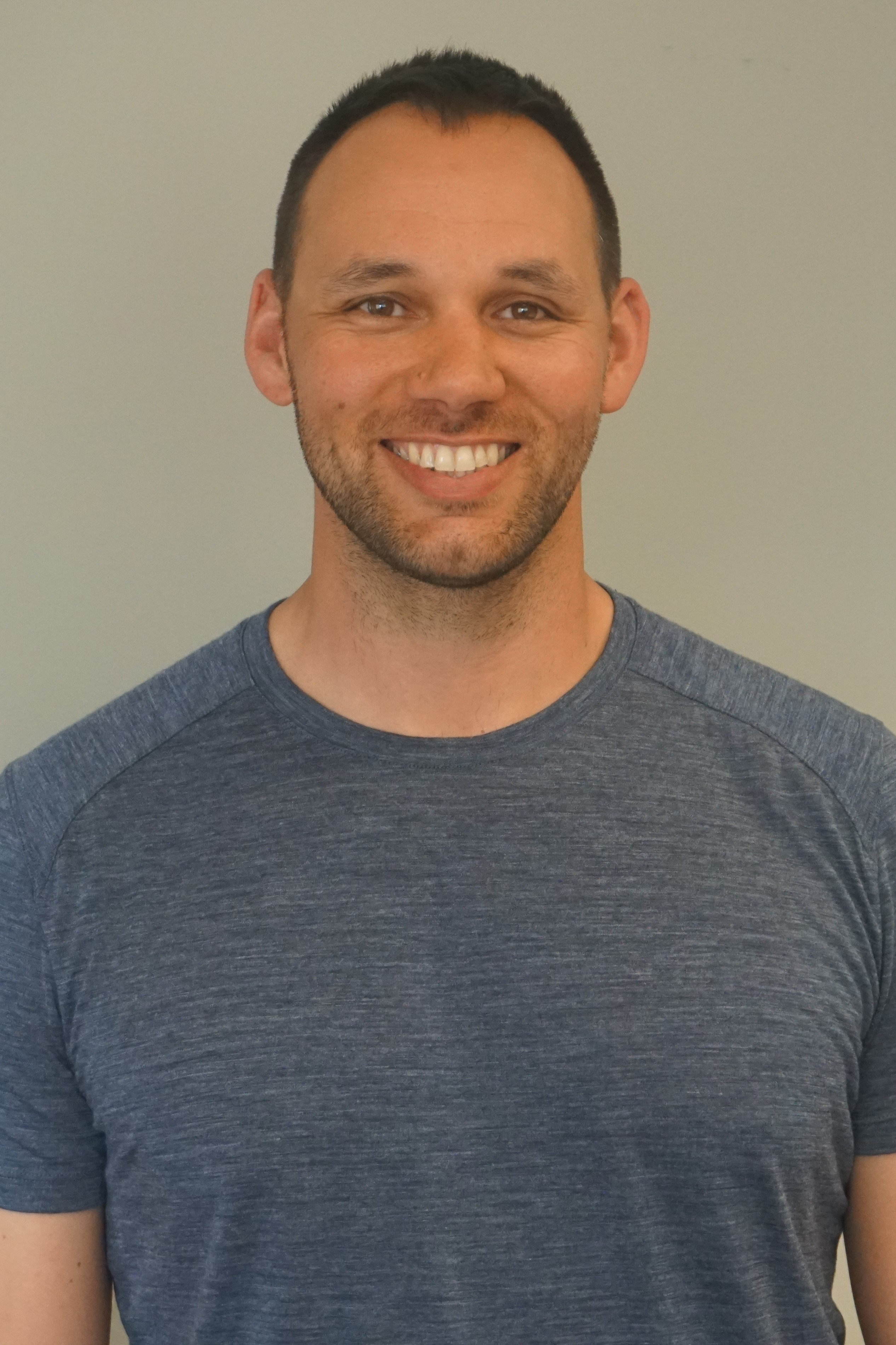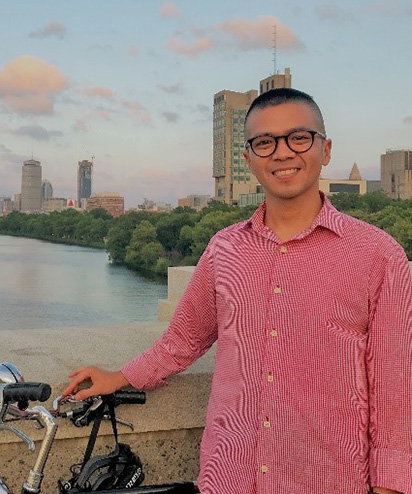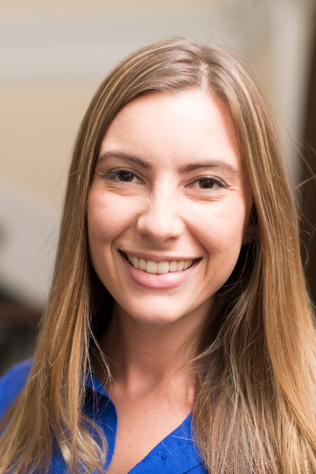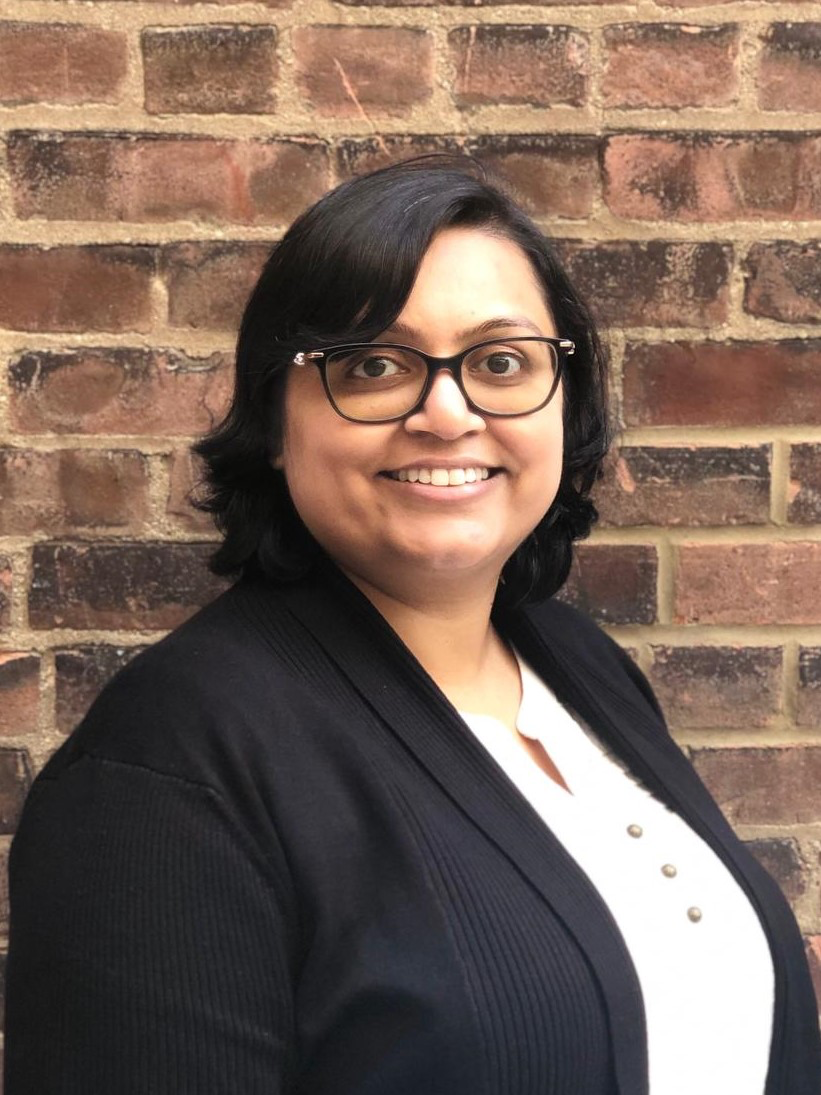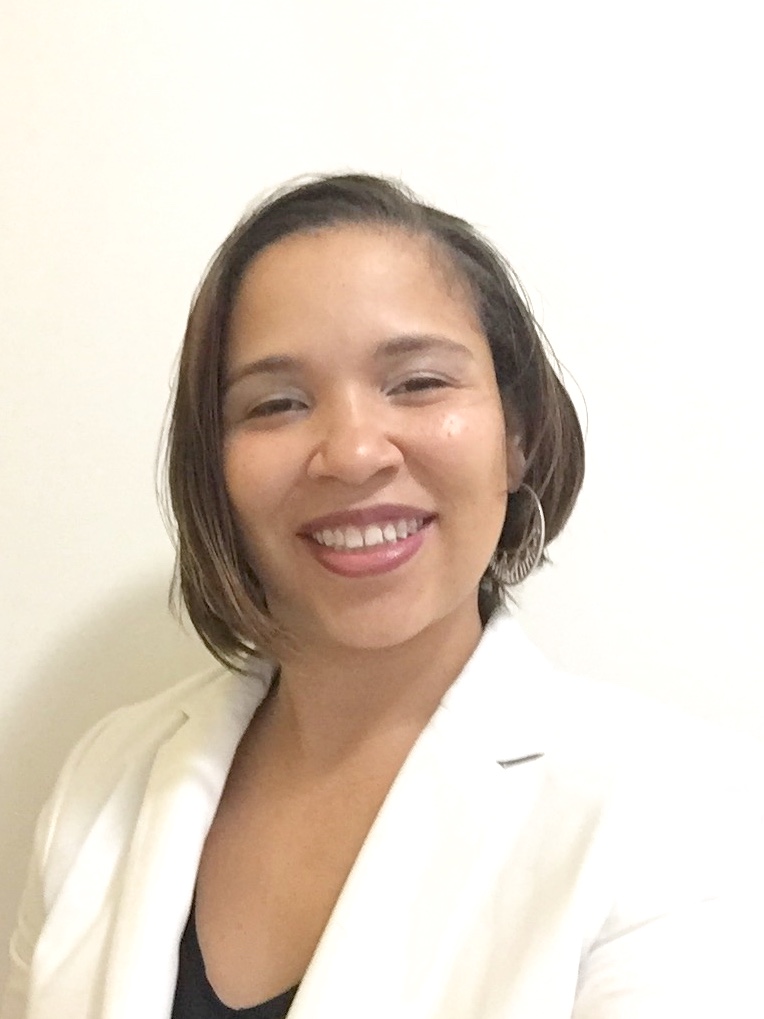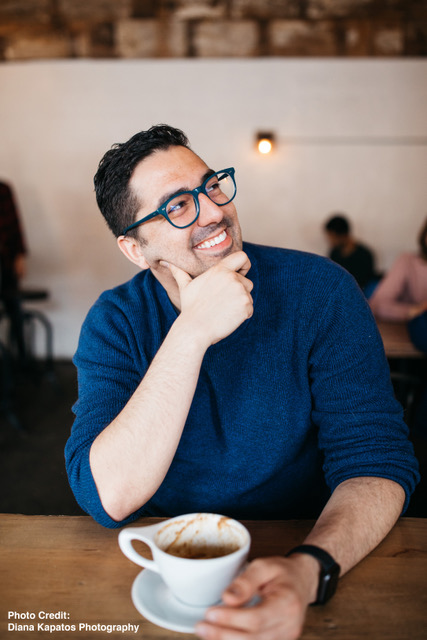Students & Alumni
Current Students
Our masters and doctoral students come from a broad range of backgrounds, including dance, coaching, kinesiology, biomechanics, and physical and occupational therapy.
Current doctoral students:
We are delighted to announce the launch of our new online profiles for Doctoral Students at Teachers College.
If you are a currently enrolled doctoral student at Teachers College, please visit the profile submission page for more information on how you can create your own profile.
Alumni
The Motor Learning program at Teachers College has a long history of cultivating leaders in the fields of kinesiology, motor control and rehabilitation. Our alumni go on to successful careers in academia, research and leadership positions in a range of applied disciplines.
A few of our distinguished alumni:
Michele Basso, Ed.D., PT, is a Professor, Director of Research and Associate Director of the School of Health and Rehabilitation Sciences at The Ohio State University. She received an MA and EdD from Teachers College 1986-1991.
As a physical therapist and neuroscientist, Michele’s research aims to discover new mechanisms that optimize rehabilitation using human and pre-clinical models of Spinal Cord Injury (SCI). Her career-long study of the interaction between inflammation, gliosis, and growth factors in promoting greater sensorimotor recovery using cellular and molecular techniques has been continually funded by NIH. She has translated innovative and effective neurorehabilitation techniques which reduce neuroinflammation from molecular studies into NIH-funded studies in chronic human SCI. This research received national coverage on NBC in the fall of 2017.
The innovation in her research is that she is one of a handful of scientists that conducts both molecular mechanistic studies and human translational studies in spinal cord injury. One of Michele’s biggest contributions to the field of spinal cord injury and recovery is the development of behavioral outcome measures that are sensitive to changes in injury severity and interventions.
Elizabeth Coker, EdD, is a dancer, dance-maker, scientist, and teacher. She is co-Artistic Director of Seán Curran Company and Assistant Arts Professor of Dance at NYU/Tisch School of the Arts. Coker has performed in productions internationally in Latvia, Kazakhstan, the Kyrgyz Republic and Turkmenistan. Appearances in New York City include the Brooklyn Academy of Music Next Wave Festival, Dance Theater Workshop, The Joyce Theater, the Guggenheim Museum, New Victory Theater, 92nd Street Y/Harkness Dance Project, and Danspace Project. She has taught, created and set choreography at universities across the country as well as at the Royal Winnipeg Ballet, Opera Theatre of Saint Louis, Opera de Montreal, San Diego Opera, Opera Lafayette, Great Lakes Chamber Music Festival, and Yale Repertory Theater.
Dr. Coker received her MA and EdD in Motor Learning and Control from Teachers College, Columbia University and holds a BA in Psychology (concentration in Dance) from Columbia University. Prior to initiating her academic career, she trained at the Washington Ballet and Ballet Nacional de Cuba. Areas of research include 1) multi-sensory integration for balance control, 2) effects of motor imagery practice on movement training, choreography, and self-concept, 3) development of novel, sensor-based measurement methodologies including 3d motion capture and interactive smartphone applications
Radhika received her PhD in Kinesiology in 2022. She previously worked as a surgical neurophysiologist in Boston, where she obtained experience collecting and monitoring neurophysiological data from a variety of clinical populations. Her previous graduate work was in the area of stroke biomechanics, visual attention, and cognitive-motor interference patterns. Outside of research, she spent significant time teaching Anatomy and Physiology sections at the undergraduate and graduate level. She also taught yoga, and group fitness classes for healthy and older adults. In her spare time, she enjoys running, cooking, and traveling.
Claudio Ferre, PhD, is an Assistant Professor at Boston University. He received his PhD in Kinesiology from Teachers College, Columbia University in 2015.
As a neuroscientist with a strong interest in the development of manual skills, Claudio’s research focus is understanding the activity-dependent mechanisms underlying motor recovery in children with unilateral cerebral palsy (UCP). During his doctoral training, he was involved in the development and testing of motor-learning based therapies aimed at improving upper-extremity function in children with UCP. As a postdoctoral fellow, his studies have been designed to explore the relationship between anatomical variability and hand function in children with UCP. The aim of these studies is to better characterize structure-function relationships with the goal of developing new therapeutic targets. Claudio was recently awarded a CTSC TL1 fellowship to examine the use of non-invasive brain stimulation (tDCS) to augment the effects of bimanual therapy.
Julie is a physical therapist with 30 years experience specializing in neurologic rehabilitation. She received her BA in Physical Therapy from University of Delaware in 1986. She received her MA and EdM degrees in Motor Learning & Control from Teacher’s College, Columbia University.
She received her EdD in Movement Sciences in 2019. Her research investigated skill acquisition and dual task paradigms in subjects with Parkinson’s Disease patients.
Jennifer is a Ph.D. student in the Kinesiology program. She previously received her M.S. in Neuroscience and Education at Teachers College, Columbia University and her B.S. in Psychology at Rutgers University. Jennifer is in the Sensorimotor Neuroscience Lab examining the neural basis of grasp impairments in children with cerebral palsy. Prior work includes examining neural biomarkers to predict improvements in upper extremity function in children with cerebral palsy following intensive training.
Outside of research, she was the instructor for Motor Learning Lab and a course assistant for Brain and Behavior I. In her spare time, she enjoys traveling, reading in the park, and kayaking.
Grace-Anne is a 2023 graduate in the Movement Sciences program. She is a physical therapist who has spent much of her career in the acute inpatient setting in areas as diverse as cardiac, pulmonary, burns, pediatrics and neurorehabilitation. She is originally from Jamaica where she received her physical therapy training at the University of the West Indies. She obtained her DPT from Utica College and also a BA in psychology from Columbia University.
She is particularly interested in learned non-use of the hand in stroke and cerebral palsy and is currently designing a study to investigate the effects that a sensory intervention may have on improving hand function in children with unilateral spastic cerebral palsy. She has been involved with the Center for Cerebral Palsy, both as an evaluator for the Constraint Induced Movement Therapy (CIMT) and Hand Arm Bimanual Intensive Therapy (HABIT) studies and as an interventionist in the HABIT-ILE (HABIT including lower extremity) therapeutic camp. Grace-Anne enjoys the beach, music festivals and outdoor activities.
Cherie Kuo, PhD, obtained her PhD in Kinesiology in 2016 from Teachers College, Columbia University (advisors: Kathleen Friel and Andy Gordon). She is experienced in investigating pediatric brain neurophysiology such as motor mapping using transcranial magnetic stimulation (TMS) as well as looking at motor pathways using diffusion tensor imaging. She also has extensive experience with clinical trials of intensive interventions in children with perinatal stroke. She is passionate about improving treatment for children with perinatal stroke by means of studying predictors and implementing new treatment strategies.
Dr. Lee-Miller received his PhD in Kinesiology in 2020. Under the guidance of Professor Andrew Gordon, Dr. Lee-Miller has investigated the sensorimotor control of hand-object interactions. Dexterous manipulation is one of the most complex and essential ways that we interact with the environment. It is also one of the least understood skills. Through their research, they have sought to understand how object properties are integrated in the brain into high-level representations of tasks to enable successful object manipulation.
Katrina Long is a licensed occupational therapist (OT). She received her EdD in Movement Science in 2019 and is a former Neurorehab Research Lab coordinator. She has experience working as a clinical researcher and therapist primarily in stroke and Parkinson’s Disease neurorehabilitation. She has worked with patients across the spectrum of age and disability, though her doctoral work is focused on motor learning and control for functional independence in Parkinson’s Disease. Katrina is passionate about holistic health and movement of the human body. She enjoys serving her community and promoting sustainable healthy living. In her spare time, she is a certified yoga teacher and figure skater.
Nich Lee Parker received his PhD in 2021 for Motor Learning and Control studying the effects of focus on athletic performance. He received his BA in German Literature and BA in Music from The Ohio State University. In 2007, he completed his MS in Sports Pedagogy and Administration.
Nich is currently the Head Coach of Men’s Lightweight Rowing for Columbia University. The program has won multiple national championships under his guidance. The program was also featured in a 2016 documentary by ESPN, which followed the team to their first national championship title since 1929.
Presently, Nich is studying the effects of internal and external focus on the rowing stroke. He is interested in helping athletes improve their performance, as well as looking at how land based testing applies to rowers when they train and race on the water.
Franchino Porciuncula, PT, DScPT, Ed.D. is a post-doctoral research fellow at the School of Engineering and Applied Sciences/ Biodesign Lab at Harvard University. He is being advised by Prof. Conor Walsh, and being mentored by Profs. Lou Awad and Terry Ellis (Boston University). Leveraging his training in physical therapy and motor learning and control, he performs biomechanical analyses of human locomotion in neurological populations. His research focuses on the development and evaluation of next-generation soft, wearable robots (called exosuits) that seek to augment locomotion in persons with stroke and multiple sclerosis. These efforts are aimed at the translation of science to clinical rehabilitation practice.
Alexis Sidiropoulos, PhD, graduated with a doctoral degree in Kinesiology from the Motor Learning and Control department in February 2018. With a background in biomechanics, she worked under Dr. Andrew Gordon to evaluate gait and coordination in children with cerebral palsy after intensive upper and lower extremity interventions. Her dissertation focused on evaluation of continuous movement coordination using 3-D motion capture in children with unilateral spastic cerebral palsy after Constraint Induced Movement Therapy (CIMT) and Hand-Arm Bimanual Intensive Therapy (HABIT). This research was the first of its kind and demonstrated that continuous coordination can be improved after these interventions. Dr. Sidiropoulos now works for the U.S. Department of Veterans Affairs at the New York Harbor Healthcare System in Manhattan. As a Research Scientist in the VISN 2 Gait and Motion Analysis Laboratory within the Prosthetics and Orthotics department, Dr. Sidiropoulos continues her 3-D movement analysis research in veterans with limb loss. Dr. Sidiropoulos is also an Adjunct Assistant Professor in the Kinesiology department at CUNY Brooklyn College and in the Motor Learning and Control department at Teachers College, Columbia University.
Bhavini received her EdD in Movement Sciences in 2022. She is a Pediatric Physical Therapist and her research is focused on improving gross motor skills in children with Cerebral Palsy. She is a strong advocate for intensive motor skill practice and is passionate about integrating her clinical experience and research interest for developing intensive motor learning based interventions. Bhavini has served as the research coordinator for the Center for CP Research and has supervised the Hand Arm Bimanual Intensive Training including lower extremities camp for children with bilateral CP since 2013. She also administered lower extremity intensive functional training (LIFT) for children with unilateral CP, in a home setting by training their caregivers. This was a novel approach where 90 hours of motor learning based training was distributed over 9 weeks, and the results from the study were promising.
Nia Irene Toomer-Mensah received her PhD in Kinesiology in 2023. She is an advocate for children with disabilities and has been working with the pediatric population for over twelve years. Her areas of interest include task specific training to improve brain function, neuroplasticity, utilizing outcome measures for the brain injured population and motor control acquisition as it effects physical activity, gait velocity and function. Dr. Mensah received her Doctor of Physical Therapy degree from the University of Southern California and earned her Bachelor of Science degree at Vanderbilt University. She is recognized as a Board-Certified Specialist in Pediatrics by the American Board of Specialties in Physical Therapy and is a certified practitioner of Neurodevelopmental Treatment (NDT) which promotes critical thinking and strategic recruitment of muscles to improve function through play for children with neurological deficits. Dr. Mensah’s most celebrated achievements include serving the global community via international medical outreach to underserved communities in Ghana, Dominican Republic, Trinidad, and South Africa.
Specialties
Pediatric Physical Therapy, Certified Neuro-Developmental Treatment Specialist, Neuroscience, Motor Control and Learning, International Medical Outreach
Gregory is a graduate of the Movement Sciences master's degree program and was the lab manager in the Neurorehabilitation Research laboratory until 2020.
He spent 12 years working as a professional modern dancer and PMA® Certified Pilates instructor in NYC. He has toured extensively both domestically and internationally. Much of his dance career was working with dance and disability, working as a rehearsal director, administrative assitant and dancer with Heidi Latsky Dance. Here he worked with dancers with various disabilities, including Cerebral Palsy, Parkinson’s Disease and amputations as well as dancers who were blind and deaf among others. He was very involved in the planning and execution of educational dance and disability programs.
Gregory’s personal research interests center on the interaction of musculoskeletal biomechanics and neuromotor control with an emphasis on posture, balance and gait impairments in people with neurological disorders.
